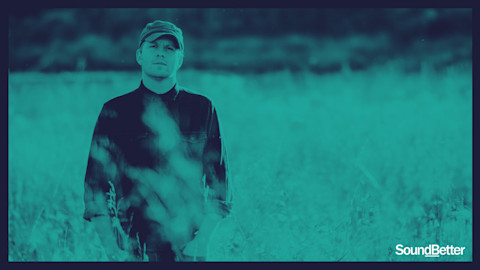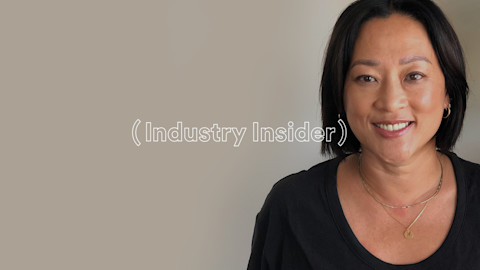Sometimes a medium-length release is just right.
As far as release formats go, ambitious full-length albums and catchy singles often get the most attention. For both artist and audience, the former satisfies an increasingly nostalgic love for a classic art form, and the latter is low-commitment and easy to consume. But the often-overlooked extended play, or EP, falls somewhere right in the middle. The Recording Industry Association of America (RIAA) defines an EP as containing between three and five tracks or running less than 30 minutes; in the age of streaming, that definition can get a little murkier, but generally, an EP is less than a half hour.
For music fans, that may be just perfect—sometimes what the listener wants, especially when they’re exploring new sounds, is just a taste. “It's like if somebody told you that you can have a big steak, or someone's walking around with, like, appetizers, and the appetizers are something like Wagyu beef,” rising R&B/hip-hop star Jessie Reyez says over the phone from a video shoot. “It's like if I said to you, ‘Okay, well there's this really dope steak that was made, but also there's a waiter walking around with Wagyu beef that's really condensed and delicious.’ Both of them are dope. It's just a matter of what the listener wants. So I think both of them are sick, but I don't think that one's better than the other. I think it just matters what you want.”
A worthwhile proving ground
Historically, one of the most common reasons artists have chosen the EP as a release format is so they can put something out between albums that doesn’t cost as much to make as a full-length and can be done relatively quickly. It keeps them in the current music conversation, and gives them something new to sell and to perform live.
While those are still great reasons to put one out, artists have been increasingly embracing the EP as worthy of artistic aspirations that match those of any full-length. If an LP can be compared to a novel, the EP is more of a short story—and any writer worth their salt will tell you it’s harder, and often more impressive, to make a big impact in a compact space. Remember last summer’s onslaught of Kanye’s Wyoming Sessions releases? Every one of them clocked in at under 30 minutes.
Reyez has proven herself a pro at the art of the EP with two outstanding releases in the past couple years: 2017’s Kiddo and 2018’s Being Human In Public. Both are master classes in economy—every tune is compelling, she establishes her voice as an artist, and there’s no lag time.
“I feel like with the time we're living in right now, the idea of long attention spans is something vintage,” Reyez says. “I feel like in order to get someone's full attention for a full album, you almost have to prove yourself first. There are legends that can do that—there are legends that can put out albums and the world stops and people sit down, and I feel like time is the most precious commodity we have… For someone to love you or connect with you enough to sit down for almost an hour of their life and walk through a story with you, I feel like that’s a really trusting moment. And I feel like the first two EPs were me proving I'm capable of delivering that journey.”
The learning curve
Besides serving as a conduit for you to earn your audience’s trust, EPs also offer the chance for you to learn on a smaller scale how to ruthlessly edit your work. And that can pay off dividends when it comes to tackling something more ambitious. As Reyez, who’s currently putting the finishing touches on a full-length, points out, “There's just no room for fat. But the other side is that there's really no room for fat on the album, either, if you're being smart about it.”
Releasing an EP is definitely not the only way to pave the path to an LP, but it’s a way to make sure—with a lot of evidence to back you up—that you’re capable of dropping something more ambitious. “I think the thing that the linear timeline of making the two EPs and then the album has given me is that it's helped me sharpen my pen more,” Reyez says. “It's helped me sharpen my skills.”
More practically, as mentioned above, EPs take less time, money, and resources to complete, which means that you’re able to fast-track your music into more ears at a quicker pace than you might with an album. And once you’ve got a release to promote, that can lead to more shows, sales, and access to grants, which are all things that will help you get what you need—experience, resources, money—to make a full-length. Or hey, you may choose to keep releasing killer EPs throughout your long and illustrious career. As an artist, you can create however you want.
Take it from Jessie Reyez, who sees the choice of formats as one of many ways to exercise her creative freedom. “I'm not really concerned about staying in a box or staying restrained by anybody else's expectations,” she says.
—Matt Williams
Popular Stories
video
How Julia Wolf Made It




